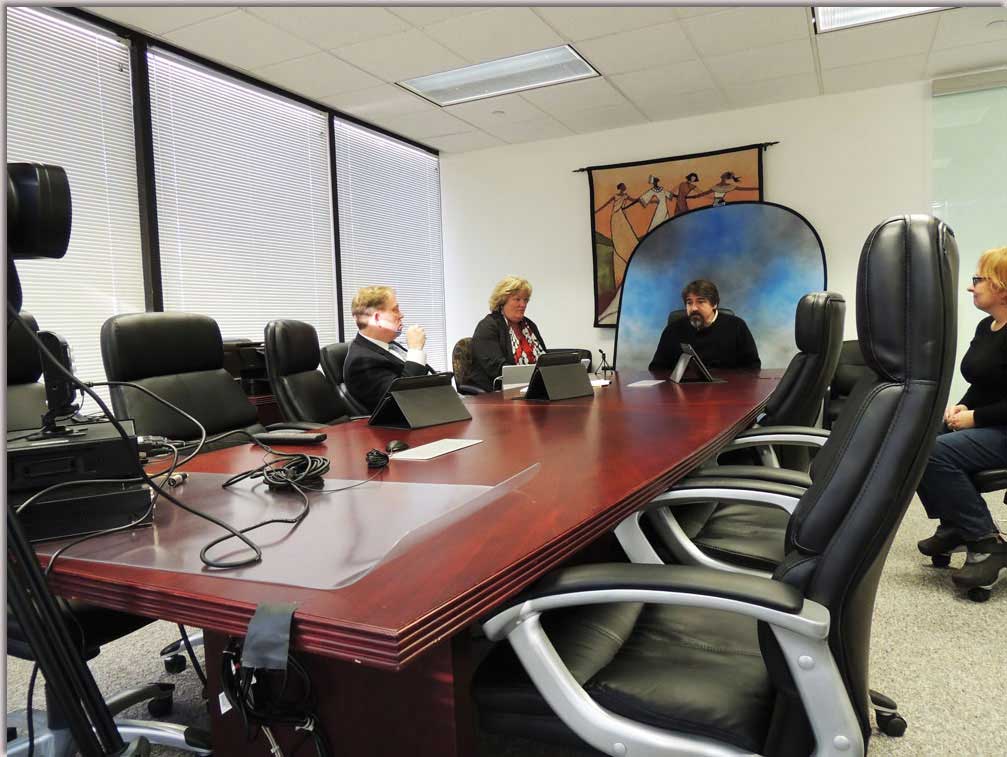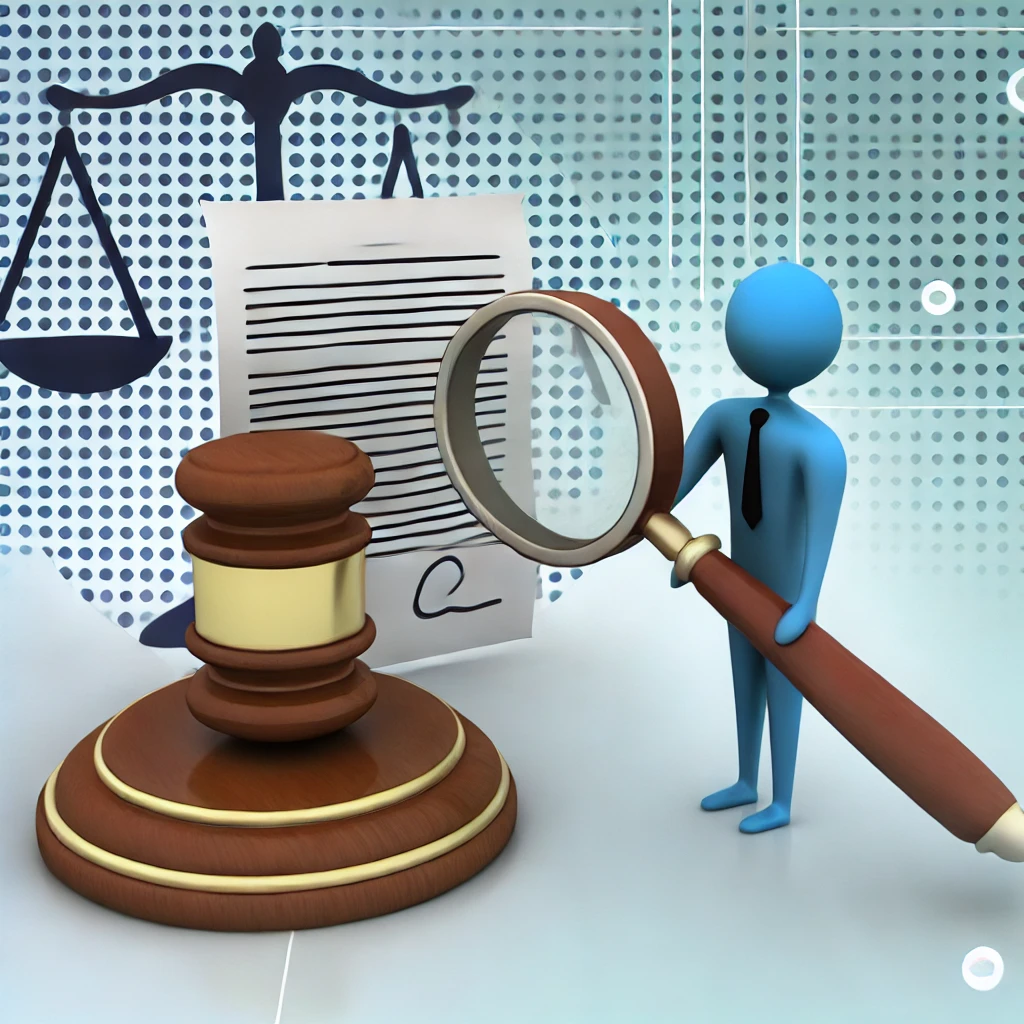Exploring the Efficiency of Carrying Out Legal Depositions From Another Location Through Virtual Systems

Advantages of Remote Depositions
Remote depositions provide significant benefits, including boosted versatility and performance in legal proceedings. One of the primary advantages of carrying out depositions remotely is the benefit it offers to all parties involved.
Moreover, remote depositions frequently result in shorter proceedings due to the streamlined nature of virtual platforms. With features such as screen sharing, digital displays, and real-time transcription, the deposition procedure comes to be extra reliable and concentrated. Additionally, remote depositions offer boosted availability for individuals with impairments, as online platforms can fit different needs, such as shut captioning and screen visitor compatibility.
Modern Technology Devices for Virtual Depositions
Structure on the performance and versatility supplied by remote depositions, the application of sophisticated innovation tools boosts the effectiveness of digital deposition procedures. Virtual depositions profit considerably from the assimilation of different technology devices that enhance communication, facilitate record sharing, and make certain smooth procedures. Video clip conferencing systems like Zoom, Webex, and Microsoft Teams enable smooth real-time communication between individuals, replicating the in person deposition experience. Furthermore, specialized deposition software such as LiveLitigation and CaseLines supply functionalities for display handling, annotation, and electronic trademarks, improving and decreasing administrative burdens company. Digital exhibition databases, cloud storage solutions, and secure file-sharing services supply practical and protected approaches for storing and exchanging deposition-related products. Furthermore, transcription solutions integrated with AI innovations can give accurate real-time transcriptions, helping in recording vital information and helping with post-deposition testimonial. By leveraging these technology tools, lawyers can carry out online depositions successfully, ensuring a efficient and effective process.
Best Practices for Remote Testimonies
Implementing effective strategies for making best use of the impact of remote testimonies is important for ensuring trustworthiness and efficiency in legal proceedings. To Find Out More achieve this, it is vital to establish clear standards and finest techniques for performing remote statements via virtual systems.

Most importantly, it is essential to make certain that all participants know with the digital platform being utilized for the testimony. Providing training sessions or tutorials in advance can aid witnesses and attorneys navigate the technology smoothly, lessening disruptions during the actual testament.
Furthermore, keeping a professional and well-prepared attitude is important for all parties included (Remote Depositions). This consists of clothing appropriately, making sure a silent and neutral background, and performing the testament in a well-lit setting to enhance exposure
In addition, establishing clear communication protocols, such as raising hands to speak and muting microphones when not talking, can aid simplify the procedure and stay clear of unnecessary disruptions.
Protection Actions in Digital Depositions
In the context of remote legal process, maintaining the honesty and discretion of information exchanged throughout digital depositions necessitates the application of durable safety and security procedures. Digital depositions present distinct difficulties in making certain data security due to the online nature of the communications. By focusing on security measures, legal experts can impart trust fund in the digital deposition process and copyright the privacy and stability of the lawful procedures.
Overcoming Challenges of Remote Depositions
Just how can lawful experts successfully navigate and address the difficulties connected with conducting remote depositions? To overcome this, it is essential for lawful experts to conduct thorough modern technology checks well in development of see here the deposition and have backup strategies in location in case of technological problems.
Another barrier is making sure the safety and security and confidentiality of the deposition procedures. Attorneys must choose a safe and secure virtual system with encryption capacities to safeguard delicate info. Implementing stringent access controls and safely sharing papers can even more improve the safety of remote depositions. In addition, supplying clear guidelines to all participants pertaining to discretion methods and expectations is important to keeping the integrity of the deposition procedure. By proactively attending to these challenges, lawyers can effectively carry out remote depositions with effectiveness and self-confidence.
Conclusion

In the fast-evolving landscape of lawful procedures, the change towards conducting lawful depositions remotely with digital platforms has become a focal factor of conversation among lawful specialists.Building on the efficiency and flexibility used by remote depositions, the application of sophisticated modern technology tools boosts the efficiency of digital deposition processes. Virtual depositions existing one-of-a-kind difficulties in ensuring data security due to the digital nature of the interactions. By prioritizing safety measures, legal experts can infuse trust in the virtual deposition process and promote the discretion and honesty of the lawful process.
Regardless of difficulties, the advantages of conducting legal depositions remotely with online systems make it a sensible alternative for lawful specialists.